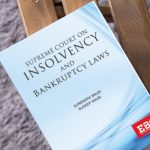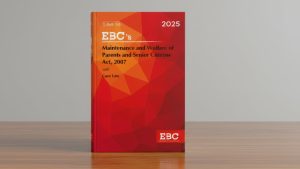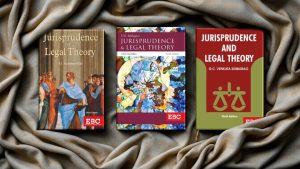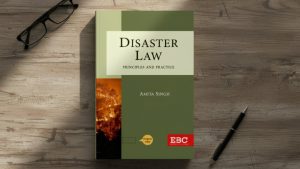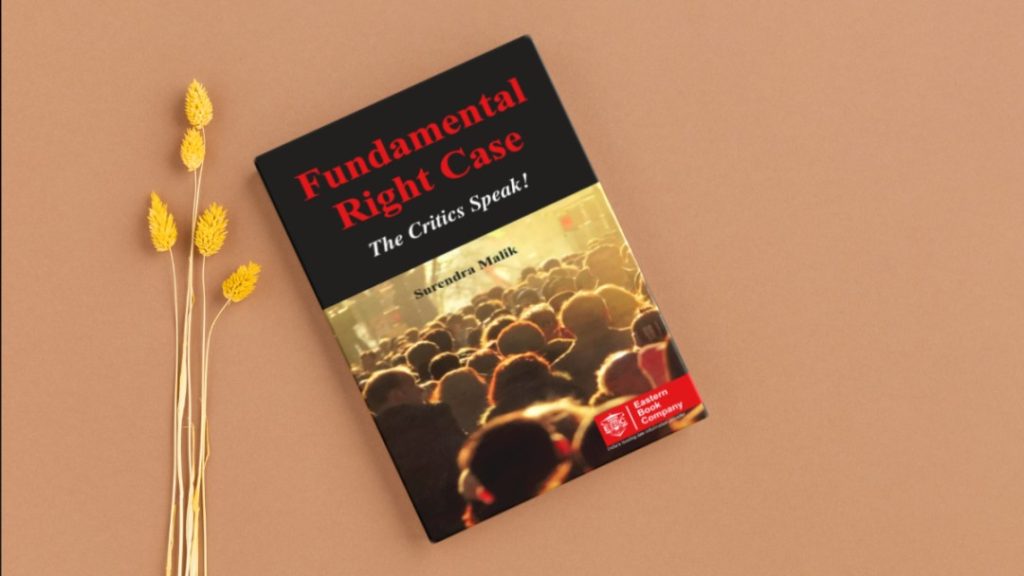
Why Fundamental Rights Matter?
Every democracy thrives on the idea of freedom and equality. In India, these values come alive through Fundamental Rights, enshrined in Part III of the Constitution (Articles 12 to 35). They act as a shield, protecting citizens against arbitrary actions of the State and ensuring a just, fair, and equal society.
But Fundamental Rights are not just lofty words in the Constitution. They are enforceable in courts, and more importantly, they shape how we live as citizens every single day.
Constitutional Basis of Fundamental Rights
The Constitution of India guarantees six categories of Fundamental Rights:
- Right to Equality (Articles 14–18)
- Guarantees equality before law.
- Abolishes untouchability and titles.
- Prevents discrimination based on religion, race, caste, sex, or place of birth.
- Right to Freedom (Articles 19–22)
- Includes freedom of speech and expression, assembly, association, movement, residence, and profession.
- Protects life and personal liberty (Article 21).
- Offers safeguards against arbitrary arrest and detention.
- Right against Exploitation (Articles 23–24)
- Prohibits human trafficking, forced labor, and child labor in hazardous employment.
- Right to Freedom of Religion (Articles 25–28)
- Ensures freedom of conscience and the right to profess, practice, and propagate religion.
- Protects religious minorities and institutions.
- Cultural and Educational Rights (Articles 29–30)
- Allows minorities to preserve their culture, language, and script.
- Grants the right to establish and administer educational institutions.
- Right to Constitutional Remedies (Article 32)
- Called the “heart and soul of the Constitution” (Dr. Ambedkar).
- Empowers citizens to directly approach the Supreme Court for enforcement of Fundamental Rights.
Role of the Judiciary: Making Rights Real
It’s not enough for rights to exist on paper. The Supreme Court and High Courts ensure these rights are protected through writ jurisdiction under Articles 32 and 226.
- Habeas Corpus: to release a person from unlawful detention.
- Mandamus: to compel a public authority to perform its duty.
- Certiorari & Prohibition: to control lower courts and tribunals.
- Quo Warranto: to challenge illegal occupation of public office.
Through landmark judgments, the courts have expanded the scope of rights:
- Justice K.S. Puttaswamy v. Union of India (2017): Recognized the Right to Privacy as a Fundamental Right.
- Kesavananda Bharati v. State of Kerala (1973): Fundamental Rights are part of the basic structure of the Constitution.
- Maneka Gandhi v. Union of India (1978): Article 21 was interpreted broadly to include the right to live with dignity.
Fundamental Rights vs. Reasonable Restrictions
While Fundamental Rights are powerful, they are not absolute. For instance:
- Freedom of speech (Article 19) can be restricted in the interest of public order, morality, or security of the State.
- Right to equality does not prevent affirmative action for weaker sections (Article 15(4) and 16(4)).
Thus, the balance between individual liberty and collective interest is central to their functioning.
Why They Matter in Daily Life
From being able to express opinions on social media, to ensuring your child is not forced into bonded labor, to protecting your right to practice your faith—Fundamental Rights affect you every day.
They transform abstract constitutional promises into real-life guarantees, ensuring that power always remains accountable to the people.
From Courts to Citizens: The True Reach
The phrase “From Courts to Citizens” perfectly sums up the journey of Fundamental Rights. They begin as constitutional guarantees, are interpreted and safeguarded by the judiciary, but finally, they live through the daily experiences of ordinary people. In essence, Fundamental Rights are the bridge between the State and the citizen, ensuring that democracy remains not just a system of government but a lived reality of freedom, equality, and dignity.
Fundamental Rights are not privileges gifted by the State. They are the birthright of every citizen, protected by law, and enforced by courts, reaching into every aspect of our lives.
For a deeper exploration of constitutional principles and landmark judgments, you can check out resources on Fundamental Rights at EBC Webstore.










